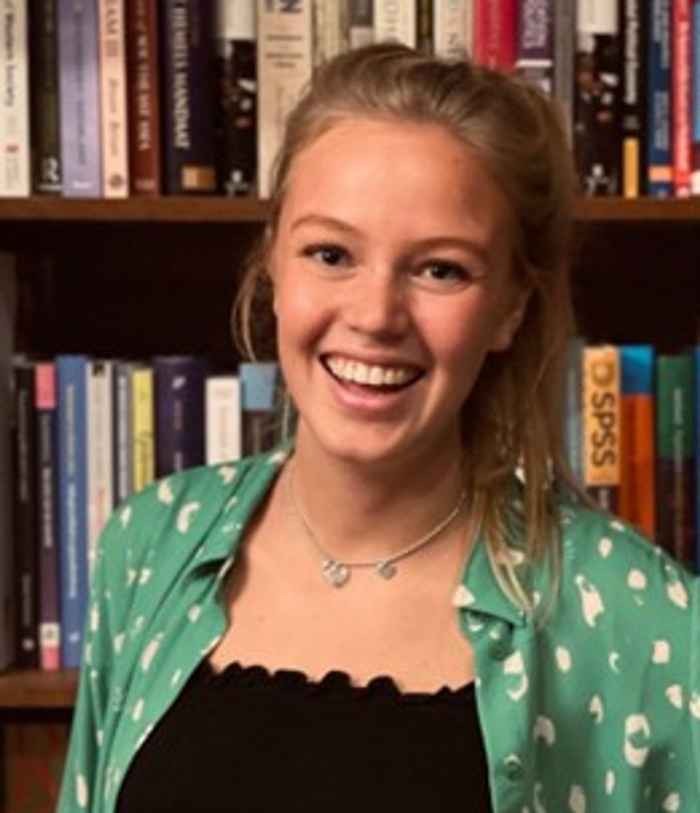'I enjoyed the Master’s so much that I actually want to continue conducting research'

Fascinating courses with a social overtone
'After my Bachelor’s in Classics and Art History at Leiden University, I switched to the Master’s in Classics and Ancient Civilizations in Amsterdam. I knew that antiquity would always fascinate me and I wanted to delve further into the languages and culture. I was also looking forward to moving to ‘the big city’ after five wonderful years in Leiden. It appealed to me that the Master’s was mainly in English, because that was my opportunity to learn how to write and present in English even better. I thought the curriculum there looked very interesting and inspiring. The courses have a social overtone. ‘Story versus History’, for example, can be linked with fake news. The female perspective, something that is often somewhat neglected in Classics and Ancient Civilizations, was also reflected in the programme in several ways.'
Presenting and writing for different target groups
'The courses usually had the same structure. In the first weeks, we were given a solid academic instruction to a theme. After that, we worked in groups on a presentation about a subtopic and finally we got to write our own paper within the theme. In this way, you always had a good basic knowledge about the topic and you knew which sources and questions were relevant, but there was also room for individual creativity. As a result of this, I learned to acquire academic knowledge in a cycle of a couple of weeks, to work together with a group on a presentation for a specific audience and to give my own vision on the theme in my paper. As I had already hoped, my English also improved significantly. Moreover, I learned to play with different target groups: we presented or wrote for fellow students (academic audience) sometimes, but also often in the style of a newspaper or popular academic journal for an audience that was less familiar with classical antiquity.'
An active contribution to a topical social issue
'My work placement at the Allard Pierson Museum was a wonderful personal addition to the Master’s curriculum. I conducted provenance research there for the archaeological collections of the museum. The Allard Pierson manages and presents the collections of the University of Amsterdam, and is positioned between scholarship and the broader public. In recent years, increasing attention has been devoted to provenance research in scholarship, the museum sector and the media. It felt really good to make an active contribution to a topical social issue on the basis of my study into antiquity.'
Continuing to conduct research
'After two Bachelor’s degrees, I had expected that I would be done with studying after my Master’s degree, but I enjoyed the Master’s so much that I actually want to continue conducting research. In response to my thesis, I made a contribution to two conferences, one in the Netherlands, but also one in Rome. I am now working as a tutor and as assistant intern at the National Museum of Antiquities in Leiden, while working on a research proposal. Hopefully, I can go further in the academic world, but otherwise I know for certain that I will be able to find another wonderful job.'